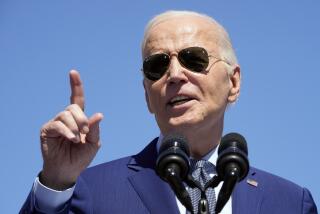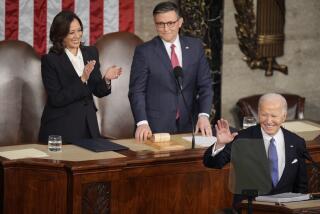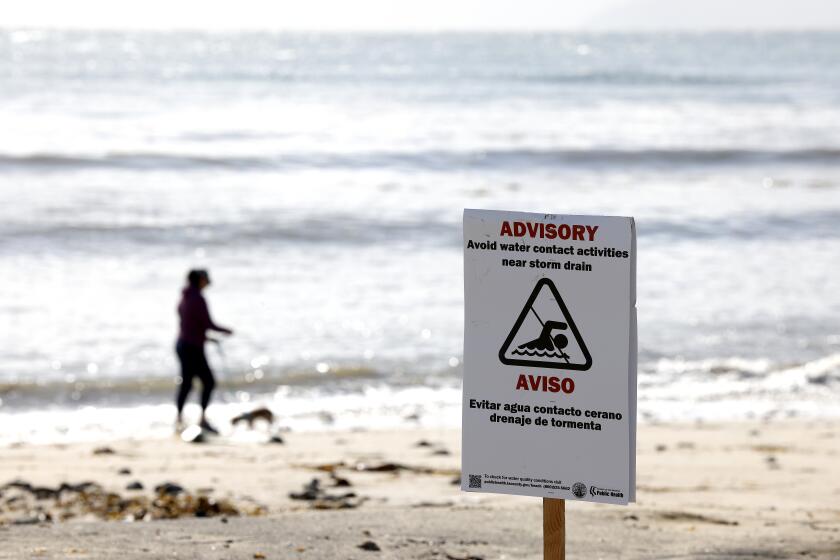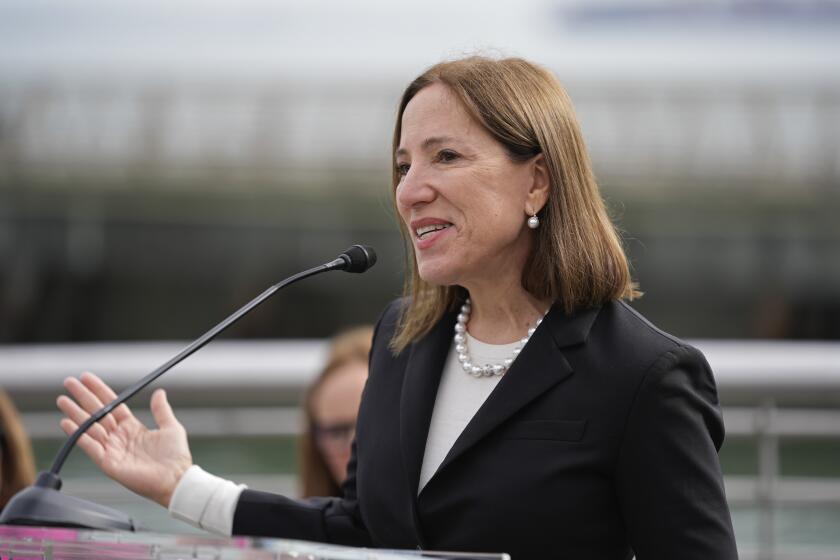Speaking on demand
IT IS ALWAYS tempting to take the State of the Union address seriously. It is the Constitution, after all, that requires that the president “from time to time give to the Congress Information of the State of the Union,” and even if the substance of the address rarely inspires, there is always the spectacle itself: the full chamber, the shouts and applause of the audience, the surprise guests in the gallery.
This year, however, the speech felt even more compulsory than usual. President Bush seemed at times to be going through the motions, reasserting his position or making proposals on a number of issues — immigration, healthcare, education, the war in Iraq, energy independence — in an effort to remain relevant in the face of a Democratic Congress and plummeting public support. It’s difficult to know how many of his ideas will amount to anything. On a few fronts, however, they’re either interesting or relevant (though not often both).
Immigration reform is the most pressing domestic business left from the previous Congress. It’s also the policy area in which Bush’s goal of establishing a “legal and orderly path for foreign workers to enter our country to work on a temporary basis” became more feasible, rather than less so, with the Democratic takeover of Congress.
Given that this is not a new debate, it would have been nice if the president had been more specific. But, in any event, the burden is now on the Democratic congressional leadership to, as Bush said, “resolve the status of the illegal immigrants who are already in our country.” Alluding to the excessively prolonged legislative battle over immigration, Bush was right to plead for a “conclusive” debate on Capitol Hill.
Like his remarks on immigration, Bush’s rhetoric on the need for affordable healthcare was hardly new; he has cited the issue in four previous State of the Union speeches. On Tuesday, Bush did tout two interesting proposals: offering a standard tax deduction that would make health insurance more affordable to workers without benefits, and letting states use some federal healthcare funds to provide insurance to low-income residents. Both ideas have merit. Yet both are long shots politically.
It’s worth noting that on more than a few items on the president’s domestic agenda, the real action is in the states. It’s hard to say how much Bush’s thinking owes to leaders such as former Massachusetts Gov. Mitt Romney (on healthcare) and Gov. Arnold Schwarzenegger (on healthcare and global warming), but they can claim that they helped put these issues on the agenda. Both problems can only be solved at the national level, so the president’s attention is encouraging.
Of course, much of the president’s speech concerned Iraq, although he said little that was particularly original or helpful. What happens there, even more than what he said Tuesday night, will be the true test of the president’s seriousness and resolve in the months ahead.
More to Read
Start your day right
Sign up for Essential California for news, features and recommendations from the L.A. Times and beyond in your inbox six days a week.
You may occasionally receive promotional content from the Los Angeles Times.






